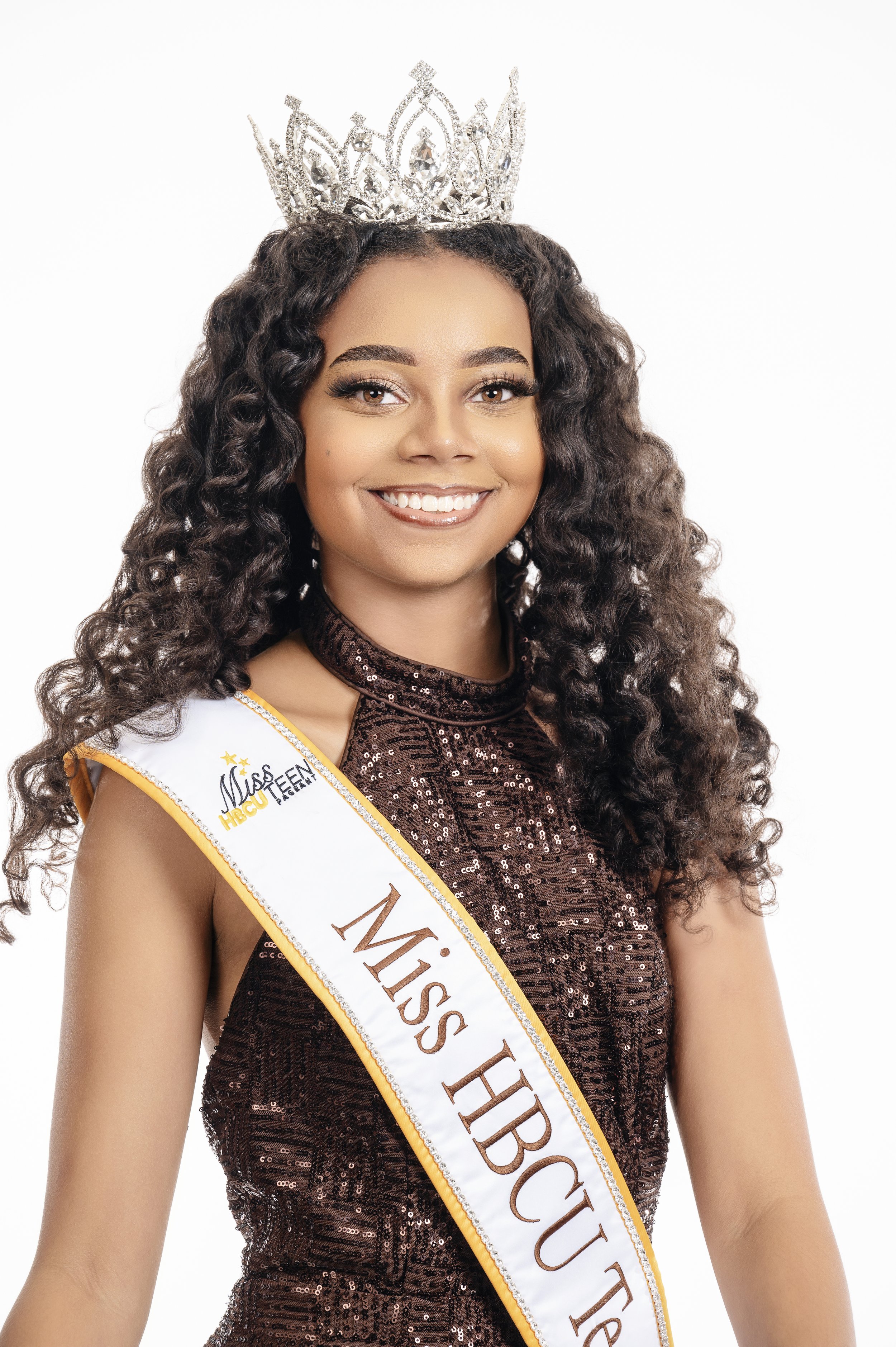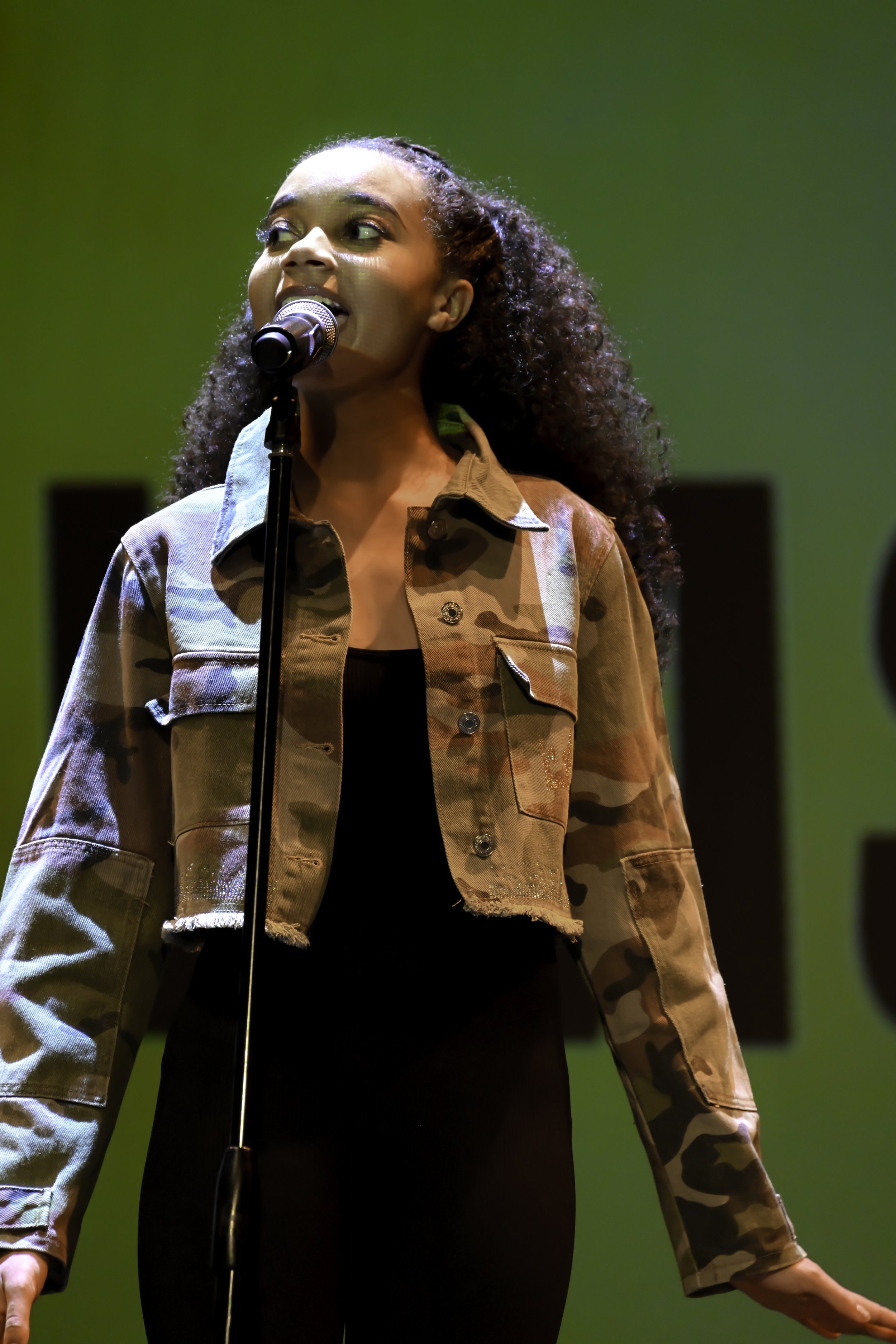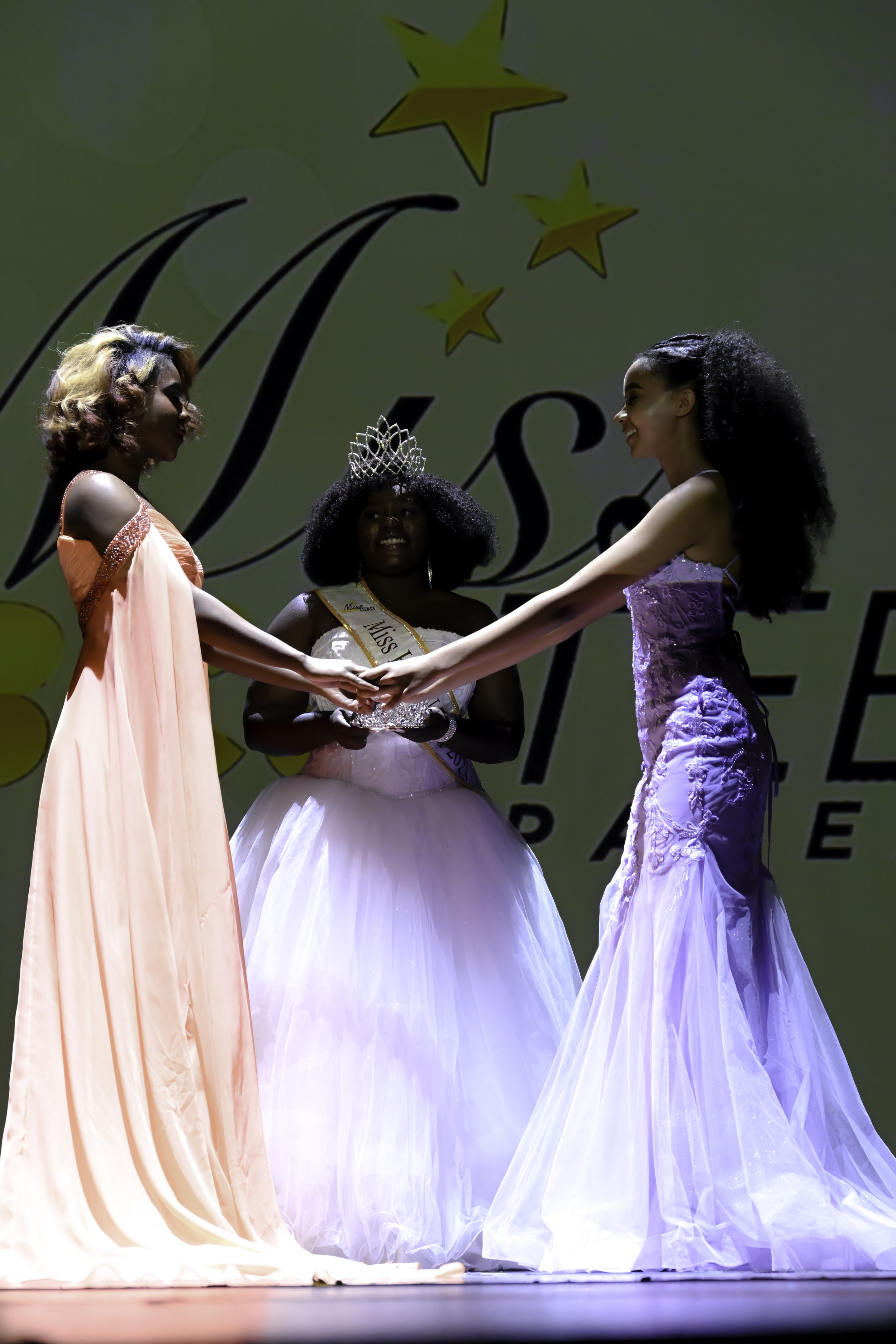
Miss HBCU Teen 2024
Your 2024 Miss HBCU Teen, Kisa Ayanna Sabelle Dupe, born in Houston, Texas, and raised in Seattle, Washington, she brings a unique perspective to
Howard University that is shaped by her diverse experiences.
Kisa Ayanna Sabelle Dupe
Kisa Dupe is a Freshman Media Journalism and Film Major at Howard University.
Having recently completed her first semester; she has already managed to become involved in multiple ways. Most notably, serving in student leadership under the Howard University Student Association, and competing and placing in an on-campus pageant.
So far, she is most proud of maintaining a 4.0 GPA throughout her first semester and exhibiting a committed effort to service through various initiatives.
Born in Houston, Texas, and raised in Seattle, Washington, Kisa brings a unique perspective to Howard that is shaped by her diverse experiences. Graduating high school in Washington state instilled in Kisa a sense of resilience and creativity, which now fuels her ambitions at Howard University.
A true advocate for the changing the lives of those around her through law and youth advocacy
Throughout high school, Kisa was a very involved student by participating in the school orchestra, being a member of the school swim team, and being president of her school’s Black Student Union. During her senior year, she was granted the Washington State Association for Student Administrators Student Leadership Award for her hard work in diversity integration within the district. Kisa was also a positive role model in her community by serving as the first ever Washington state representative in the Miss HBCU Teen Scholarship Pageant.
Now serving as Miss HBCU Teen, Kisa plans to advocate for HBCU education of young Black students across the country. Highlighting HBCUs on a national platform, uplifting their reputation, and sharing their influential purpose.
Her future ambitions include studying law, with an end goal of becoming an entertainment lawyer and ensuring that the rights of entertainment in all of its forms are protected specifically within the Black community.












